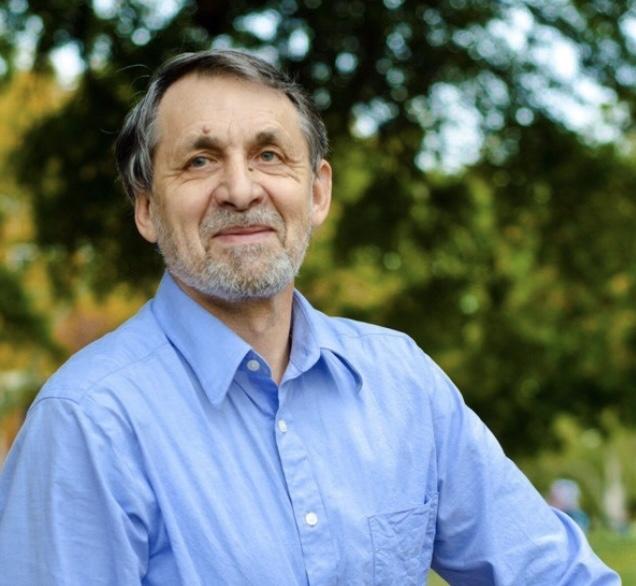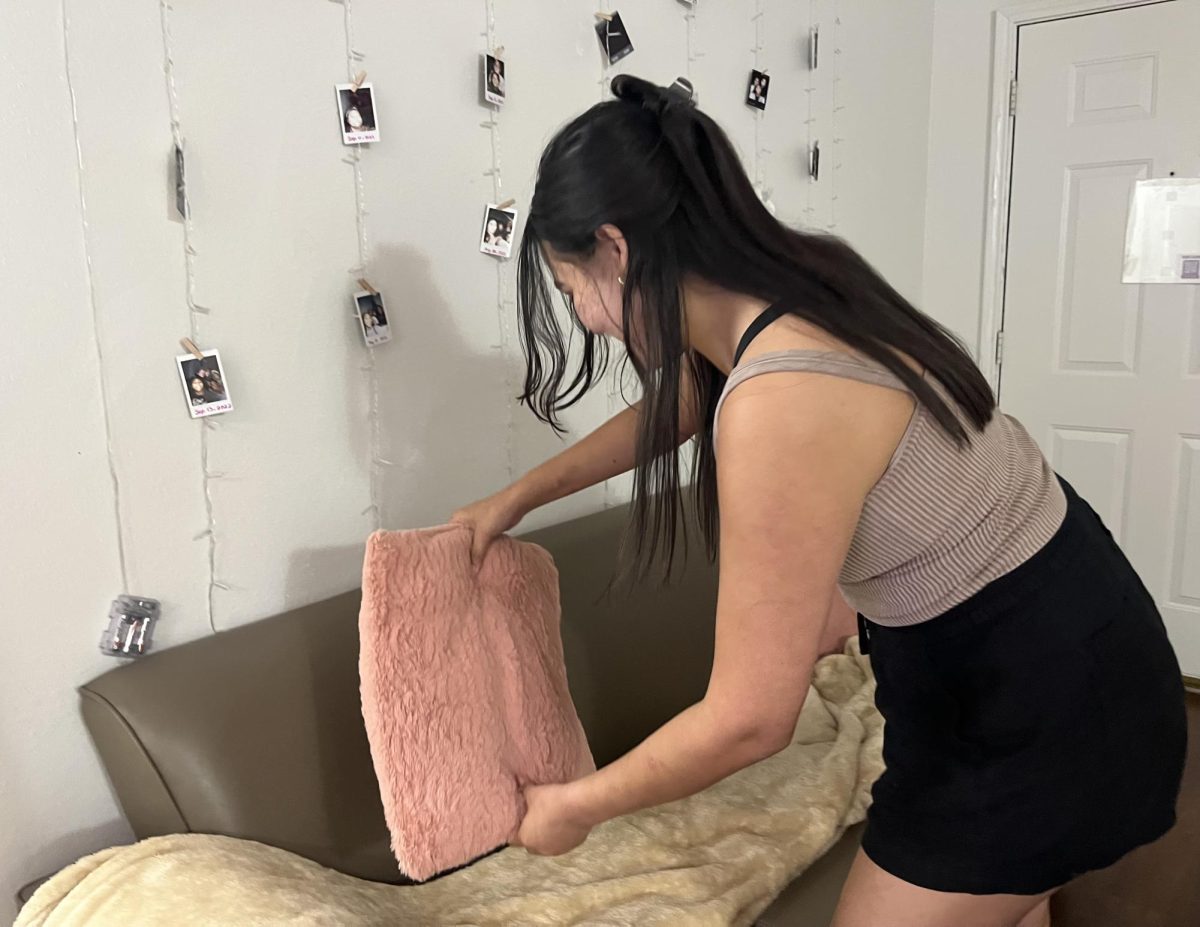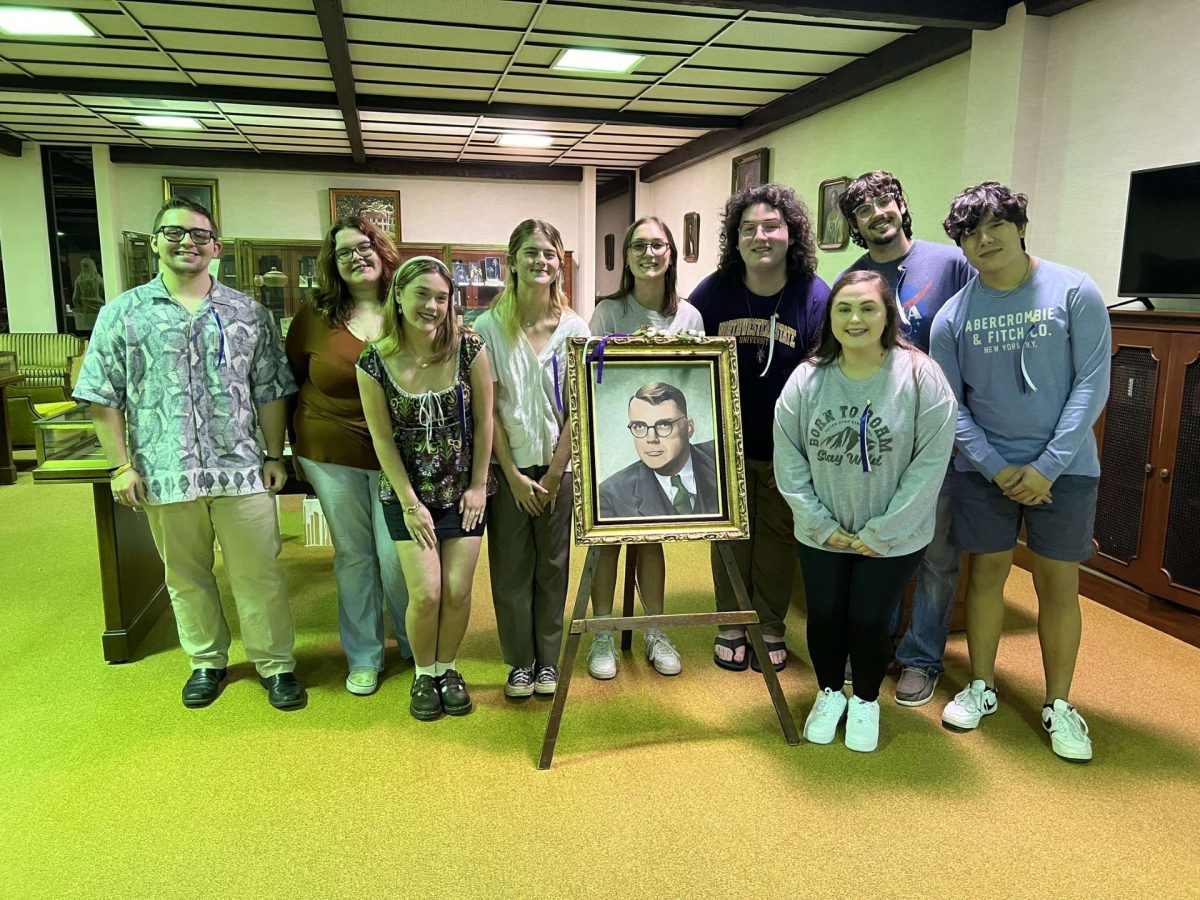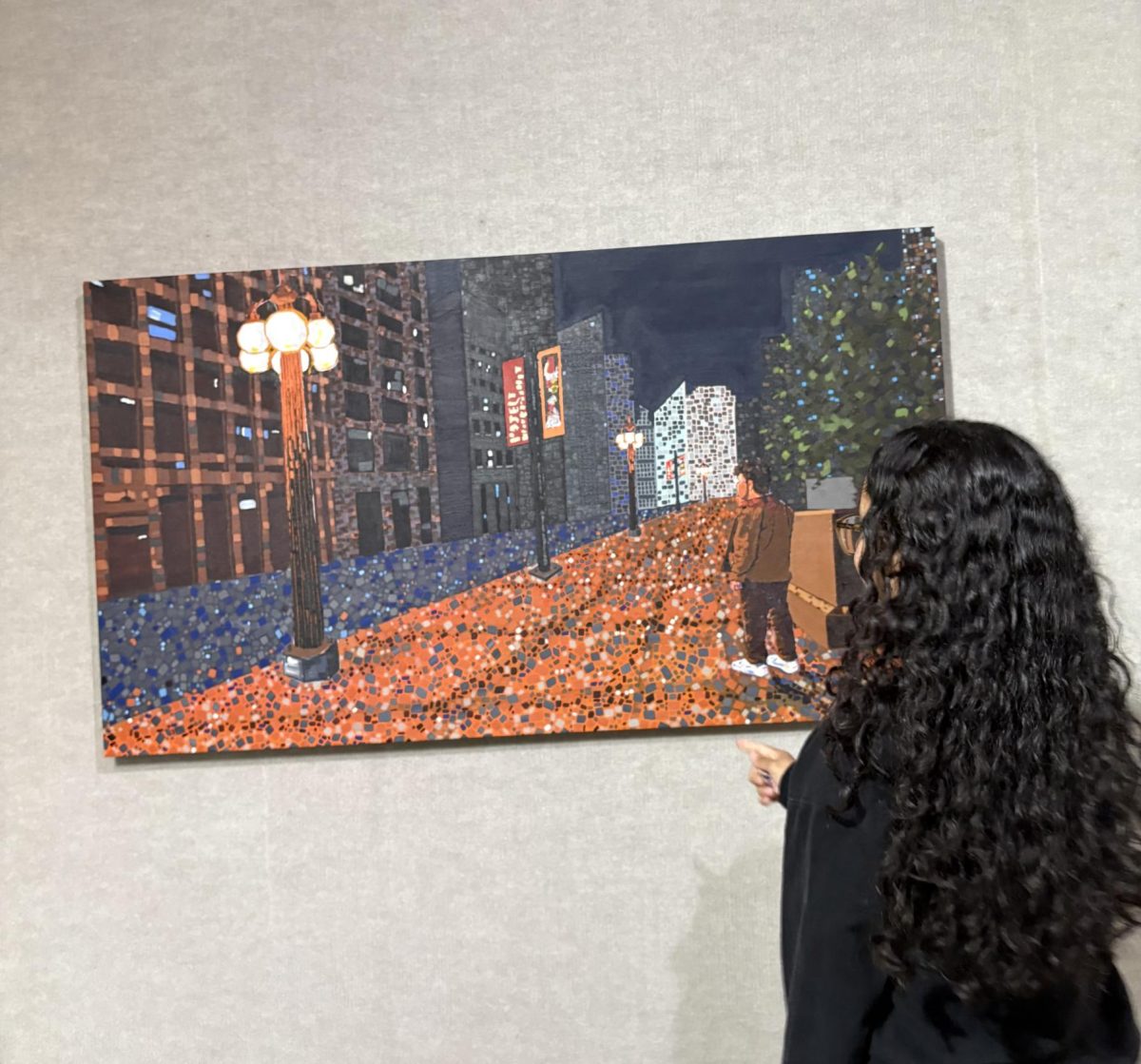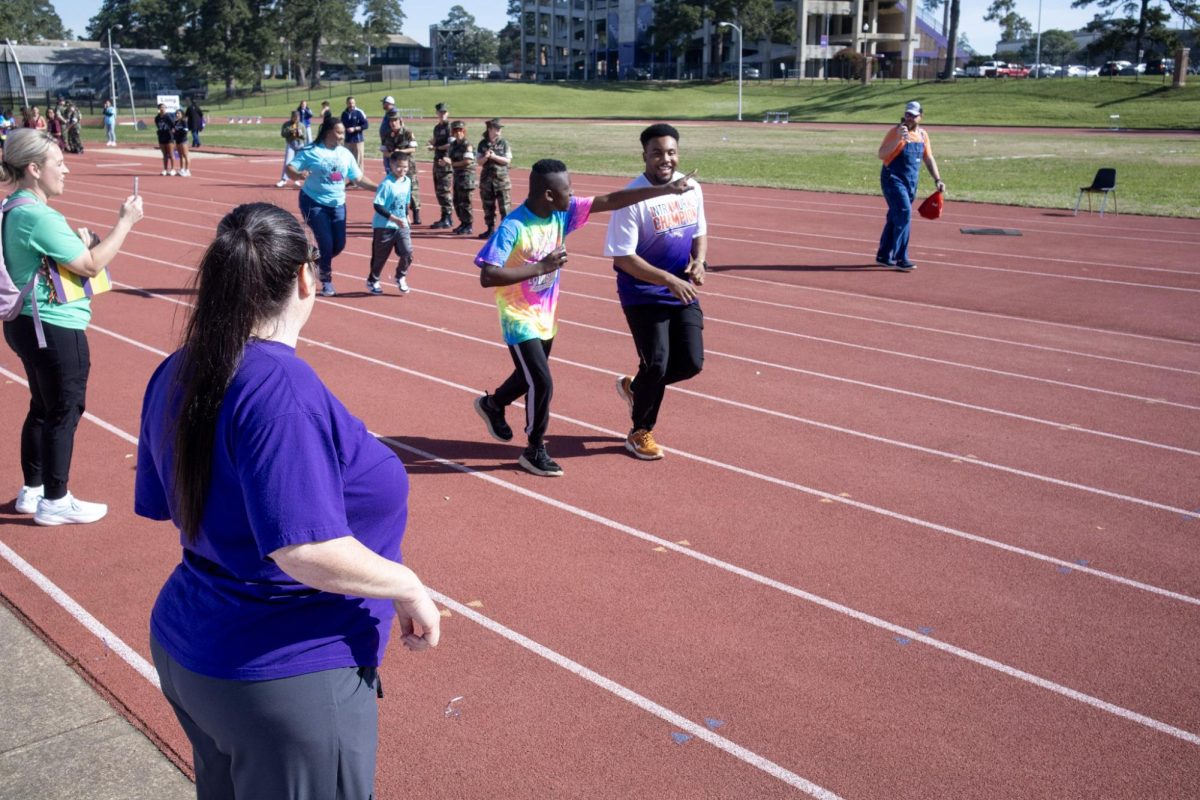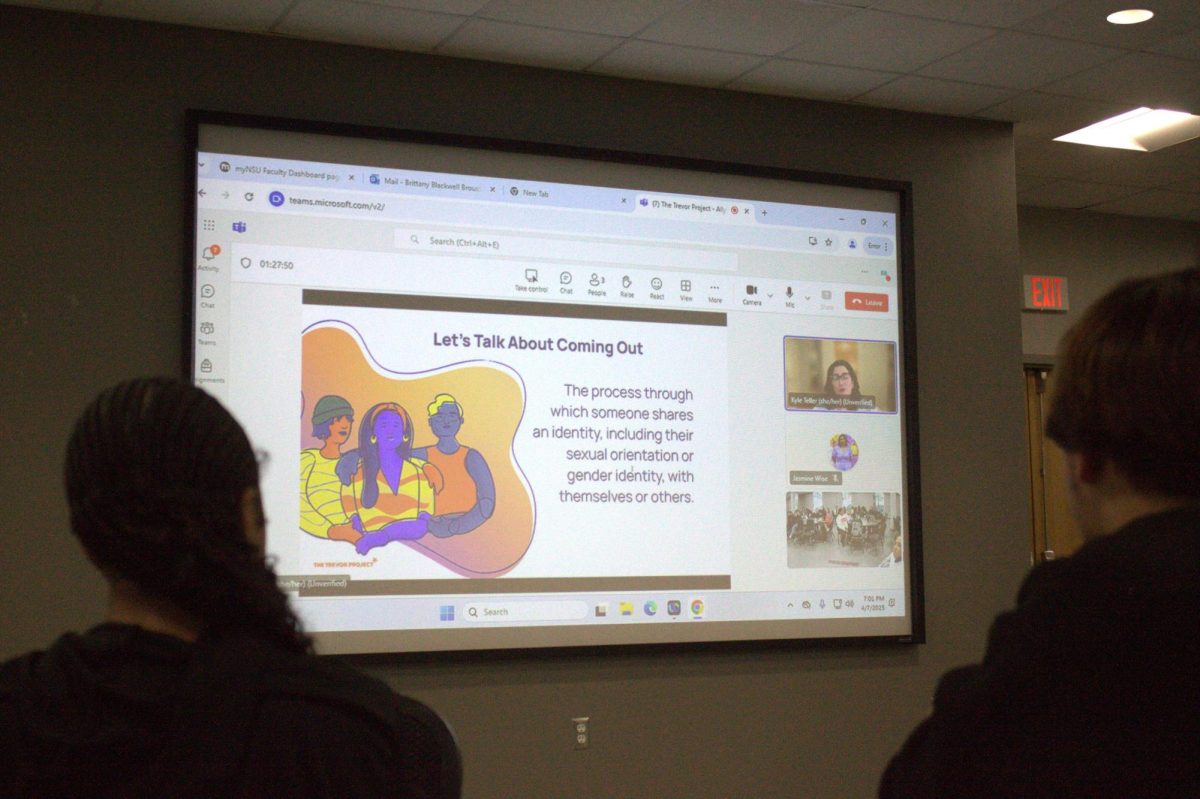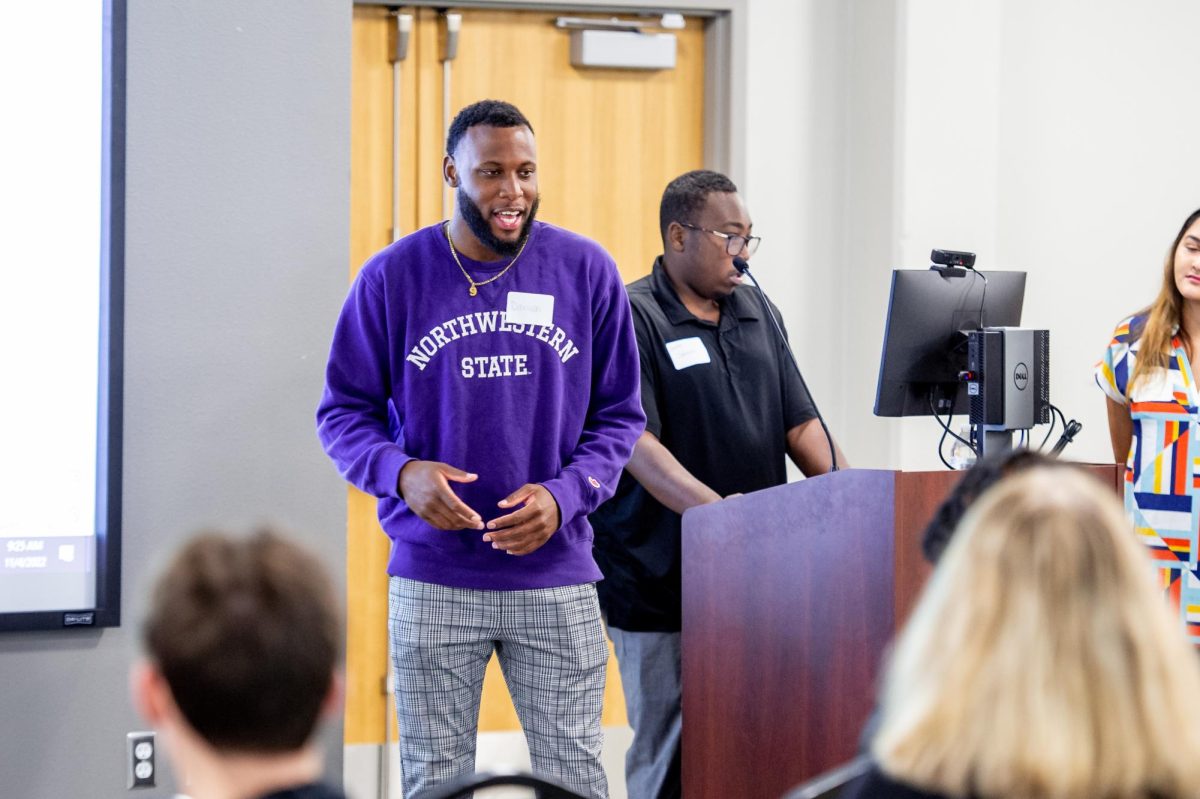Brianna Corley
Arts and Living Editor
When Dr. Alexei Muravitsky, professor of mathematics at theLouisiana Scholar’s College, first immigrated to America, he walked into a university’s library to see something that reaffirmed he was no longer in the Soviet Union – books upon books lined the shelves, all accessible to read.
“I thought, ‘that’s a sign of freedom,’” Muravitsky said.
Emigrated from Russia in 1992, Muravitsky was used to only a few books that only officials or those with special access could view.
Immigration itself, however, was a very difficult process.
Muravitsky recalled visiting international conferences to find help in getting to America.
“In the Soviet Union, we believed every foreigner can help us to go to America,” Muravitsky said.
At one of these international conferences, Muravitsky followed a friend from the Netherlands back to his hotel and by pure accident met exactly who he needed: George Bullous, a man who would become his ticket out of Russia.
“I met George, and he knew my name because we shared one theorem,” Muravitksy said. “He agreed to help me.”
They agreed to meet at the American embassy after their talk, and he gave Muravitsky the application forms. Muravitskywould become a U.S. citizen in a matter of years.
“He was a little bit disappointed that they didn’t invite me right away, but it was okay because it was normal schedule,”Muravitsky said.
After many recommendation letters and a family interview he recalled passing with ease, Muravitsky and his family moved to New York City.
“I didn’t know Martin Davis, my host at this time,” Muravitskysaid. “I only knew his name.”
Davis called Muravitsky to invite him to his office, and they instantly became friends. To this day Muravitsky visits Davis in California.
“He supported me a lot, even when I got a call from the CIA,”Muravitsky said.
Muravitsky noted the fear he had at the phone call, the impression the Soviet Union made still very present in his mind. He was used to a controlled world where garnering any attention was one of the worst possibilities.
“I called Martin and I asked him ‘What should I do?’”Muravitsky said. “He said, ‘Be quiet. You are in a free country. You have to be polite and that’s it.’”
A representative eventually came to ask about Muravitsky’sresearch, particularly if he had any experience in intelligence or fields related to defense. Because he did not, the interview went fairly quickly.
“I got a very good impression about CIA and about America,”Muravitsky said.
Muravitsky soon began to work towards a career in teaching. He juggled many part-time jobs between community colleges andfour-year universities.
“My first lesson in New York University was a disaster,” Muravitsky said. “Number one because of my English, and number two because of the level I used was very hard and it was soviet school. The style is different.”
Muravitsky said he learned his teaching abilities through observing Davis’ lectures and tutoring some of Davis’ students. This eventually led to the Scholars’ College reaching out and inviting him for an interview for a teaching position.
“The first night I stayed in the hospital,” Muravitsky said.
While staying at a bed and breakfast, Muravitsky recalled being invited to dinner by Scholars’ College representatives, and a piece of meat became lodged in his throat. He was taken to the hospital where he recalled a procedure being done while he was under anesthesia.
“The doctor met me in the morning and told me I could die,” Muravitsky said. “But I had a talk when I was discharged.”
Even with the life-threatening experience, Muravitsky gave his presentation in Morrison Hall and was offered the job.
“They asked me if I would have cultural shock if I moved down here from New York,” Murvastiki said. “For me it was not cultural shock, not really.”
From the Soviet Union to New York City, Muravitsky recalled always moving, but Natchitoches holds a special place in his heart. He remembered the owner of the bed and breakfast he was staying at serving him breakfast before his early morning flight.
“I was sitting at the table, and the sun was rising,” Muravitskysaid. “The house was located by Caney Lake, so the rising by the trees over Caney Lake impressed me and fell in love with Natchitoches.”
Muravitsky thinks Natchitoches is something special with its unique heritage and culture and is glad to have taken the opportunity at the Scholars’ College.
“I always had something to do, and I was always close to students,” Muravitsky said.
Muravitsky facilitated a thesis for one of his students for a notorious problem in mathematics that has remained unsolved. He recalled the impressive work the student did and how this thesis eventually earned the student a job.
“I feel a joy when I see that students realize themselves that their knowledge has increased and they understand more,”Muravitsky said.
He feels that the only difference between himself and his students is the level they are on.
“I believe that when I am in the classroom, I explain what students don’t know,” Muravitsky said. “We are in the same boat. I know a little bit more. I cannot see a big difference.”
Muravitsky also believes full heartedly in his philosophy and position as a professor.
“I love teaching,” Muravitsky said. “I want to show that science is limited, science starts with restrictions and it cannot grasp everything. It’s not everything. It’s just a rational explanationthat we are rational.”





















